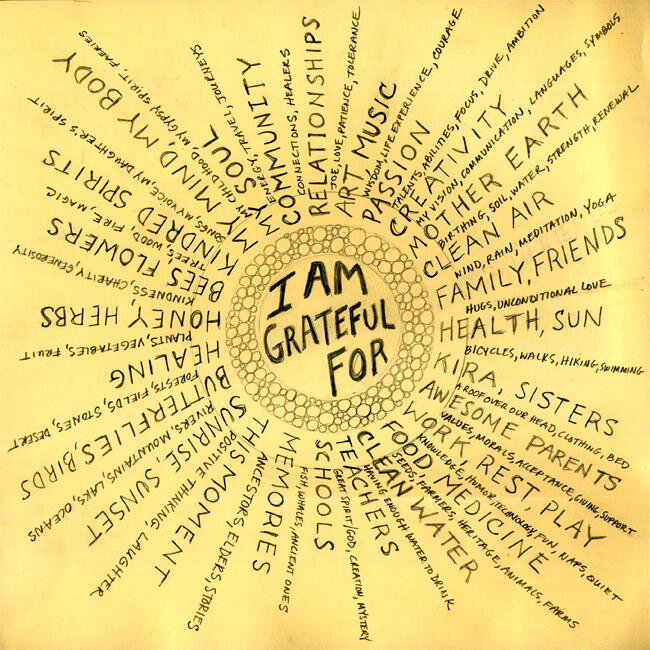“It is not Joy that makes us Grateful; it is Gratitude that makes us Joyful”
– David Steindl
As the world witnessed truly challenging times of the Pandemic, globally, people are reevaluating their priorities and wanting to work towards increasing their sense of subjective wellbeing. Adolescents remains a vulnerable stage in these times, owing to an added sense of exposed uncertainty that prevails in today’s world. In context of human’s persistent desire to experience happiness, several routes to happiness have been explored such as material gains, popularity, generosity etc.
Out of the several factors that have been established in studies as highly related with and influencing happiness, is the concept of experiencing and expressing “Gratitude”. In fact, gratitude has been known to reduce negative emotions such as anxiety and thus helps enhance the overall experience of well being.
In his book ‘Grateful Brain,’ author Alex Korb (2012) mentions that our brain is conditioned to function in a repeated way. So a person who worries too much about the adverse outcomes will subconsciously re-wire his brain to process negative information only. Korb also states that our mind cannot focus on positive and negative information at the same time, so if we consciously practice gratitude, we can train our brain to selectively attend to positive emotions or thoughts, eventually reducing anxiety and apprehension.
In positive psychology, gratitude is the human way of acknowledging the good things of life. Psychologists have defined gratitude as a positive emotional response that we perceive on giving or receiving a benefit from someone (Emmons & McCullough, 2004).
Incorporating gratitude training as a part of the “Life Skills” curriculum for children in schools, is likely to boost their soft skills and provide them with a fairly dependable way for experiencing subjective well being as they grow up. In a study conducted by Nguyen and their happiness levels. It is Gordon (2020), it was revealed that children’s gratitude predicted relevant for children as young as 5 years.
Especially, Adolescence being an age fraught with social and developmental pressures, may be characterized with enhanced sensitivity, low self esteem and difficulties in emotional regulation, for many. Hence, it becomes more important to include small modules of Gratitude training in their curriculum. Simple activities of “Gratitude Journaling”, “Gratitude Prompts” , “Gratitude letters/ cards” and “Gratitude Conversations” etc. may be included in modules for children, to be used along with their life skills training, intermittently , in order to continually boost their learning. It is also likely to enhance Parent-child relationship between adolescents and their parents as Gratitude helps in building better interpersonal relationships.
It is the time, we may utilize insights from psychological studies on Gratitude and blend them fruitfully with our educational system, for enhanced psychological as well as physical wellbeing of children.
References:
1.positivepsychology.com
2.Korb, A. (2012). The grateful brain. Psychology Today. Retrieved from www.psychologytoday.com/au/blog/prefrontal-nudity/201211/the-gratefulbrain
3.McCullough, M. E., Emmons, R. A., & Tsang, J.-A. (2002). The grateful disposition:
A conceptual and empirical topography. Journal of Personality and Social
Psychology, 82(1), 112–127. https://doi.org/10.1037/0022-3514.82.1.112
4. Nguyen, S.P., Gordon, C.L. The Relationship Between Gratitude and Happiness in Young Children. J Happiness Stud 21, 2773–2787 (2020).
https://doi.org/10.1007/s10902-019-00188-6
Authored by : Dr. Richa Tyagi, Counselling Psychologist, New Delhi


